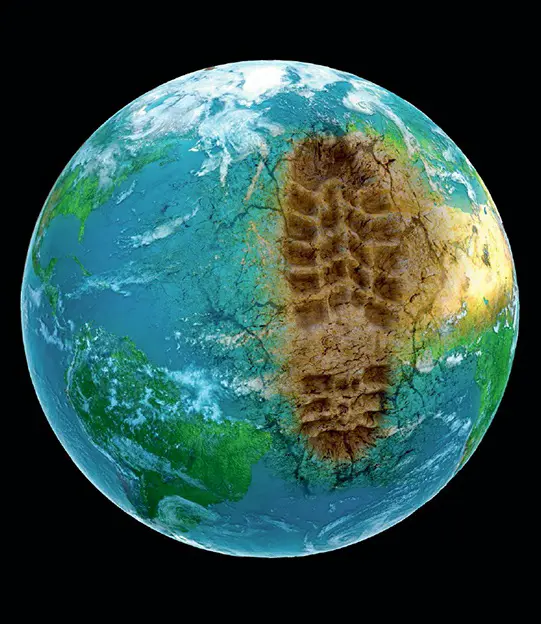The term “Anthropocene” suggests a new geologic epoch, distinct from the Holocene, characterized by the profound influence of humans on the Earth’s surface, atmosphere, and biosphere. This concept emerges from the recognition that human activities, particularly since the Industrial Revolution, have become significant forces shaping our planet. Key aspects underlining the Anthropocene include industrialization’s impact on atmospheric pollution and greenhouse gas emissions, rampant deforestation altering surface drainage patterns, and the stark effect on biodiversity, evidenced by numerous species extinctions linked to human actions.
In the mid-19th century, the commencement of the Industrial Revolution marked a pivotal shift, intensifying the human footprint on Earth. The adoption of internal combustion engines significantly increased atmospheric CO2 levels, contributing to a marked change in the planet’s climatic and ecological balance. The subsequent rise in deforestation brought drastic alterations to terrestrial ecosystems. Furthermore, the advent of the nuclear age in the 1940s symbolizes another critical milestone in the Anthropocene, highlighting the potential of human activities to not only endanger our species but also impact the entire biosphere.
The Anthropocene epoch presents a dual perspective. While it initially signals a dystopian narrative of environmental degradation and unchecked human influence, it also offers an opportunity for awakening and fostering environmental responsibility. It challenges humanity to recognize and address the implications of our actions on the planet, urging a collective effort towards sustainable coexistence with the Earth’s ecosystems.

